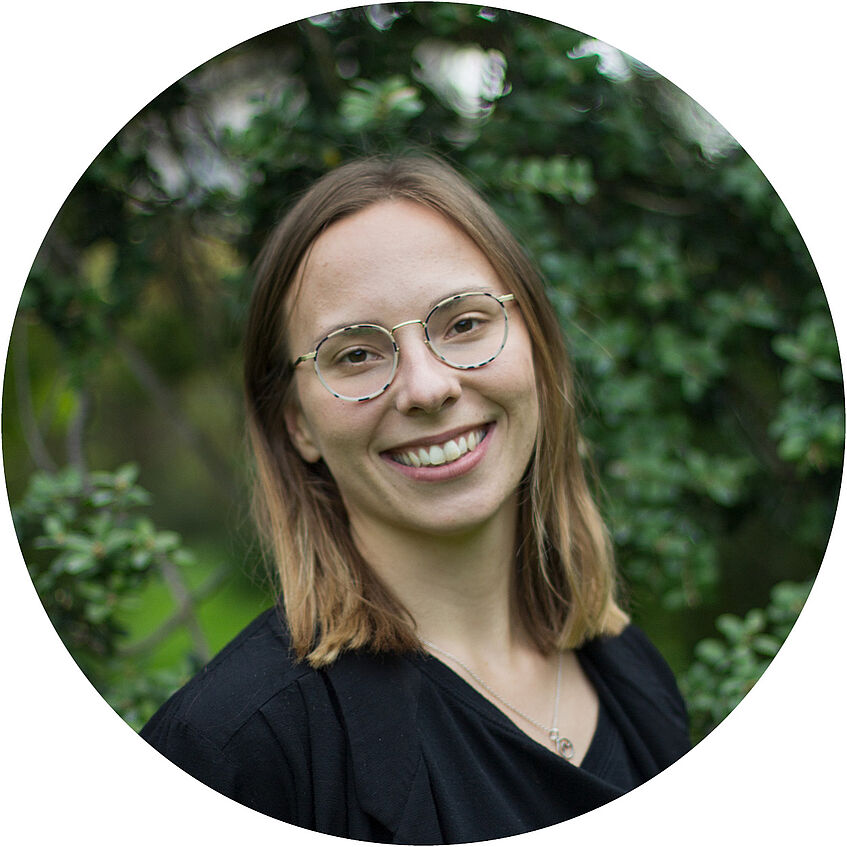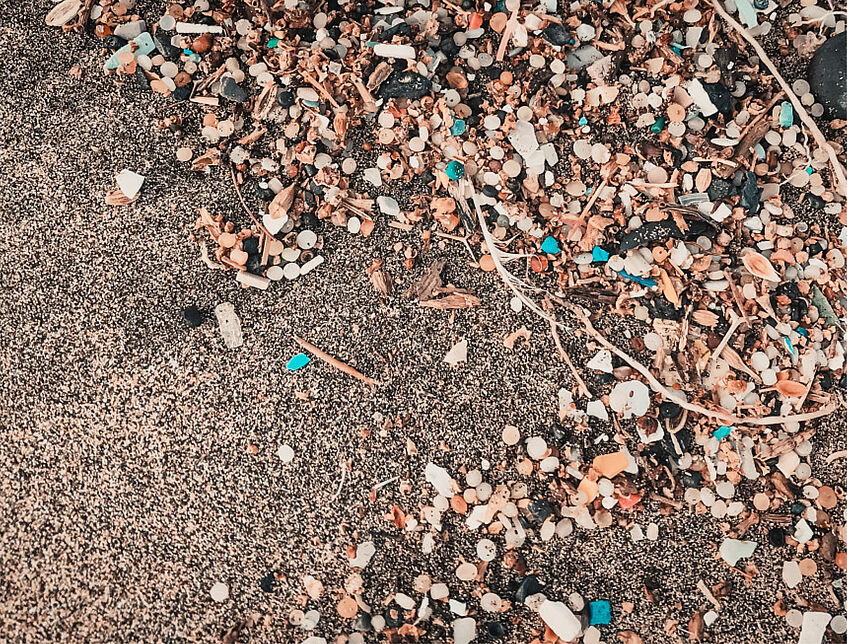Maja Grünzner, MSc
Maja Grünzner is exploring if and how current psychology insights have the potential to decrease microplastics pollution. As Early Stage Researcher – in the Horizon2020 funded research project LimnoPlast – she is complementing the findings of environmental and technical research, focusing on human perception and behaviour change. Her education as a social psychologist revolved around intercultural and environmental psychology. During her master’s dissertation, she collaborated with the Savanna Life project, working with rural communities in Kenya and Tanzania. The project aimed to foster communication around difficult topics, such as livelihood strategies and conservation efforts, using a board game.

Curriculum Vitae
Maja's recent conference contributions
- Grünzner, M., Pahl, S., White, M. & Thompson, R. C. (2020, November 23-27). Behavioural Approaches to the Microplastics Problem and Potential Solutions [Conference presentation]. MICRO2020. Lanzarote.
- Grünzner, M., Luís, S., Klöckner, C. A. & Graae, B. J. (2019, October 21-25). A novel solution for sustainable development? The effects of the board game “Savanna Life” on communities in the Serengeti-Mara Ecosystem [Conference presentation]. ESP World Conference, Hanover, Germany.
Maja's projects
LimnoPlast
Microplastics In Europe’s Freshwater Ecosystems: from sources to solutions
The LimnoPlast project addresses this issue by devoting its research and training program to Marine Plastics (MP) in Europe’s freshwater ecosystems. It challenges traditional barriers between disciplines and combines environmental, technical and social sciences in order to tackle the MP problem from its sources to potential solutions.

Maja's latest activities
Interview
Maja got interviewed for the 'Hot Seat' programme of Chemie Cluster Bayern. She told them about her work for the EU funded project LimnoPlast. Read the full interview here.
ES in practice award
Ecosystem Services Partnership (ESP) challenged the ESP10 conference-participations to present innovative ideas to put the ecosystem services concept into practice. Maja and her colleagues took first place.



